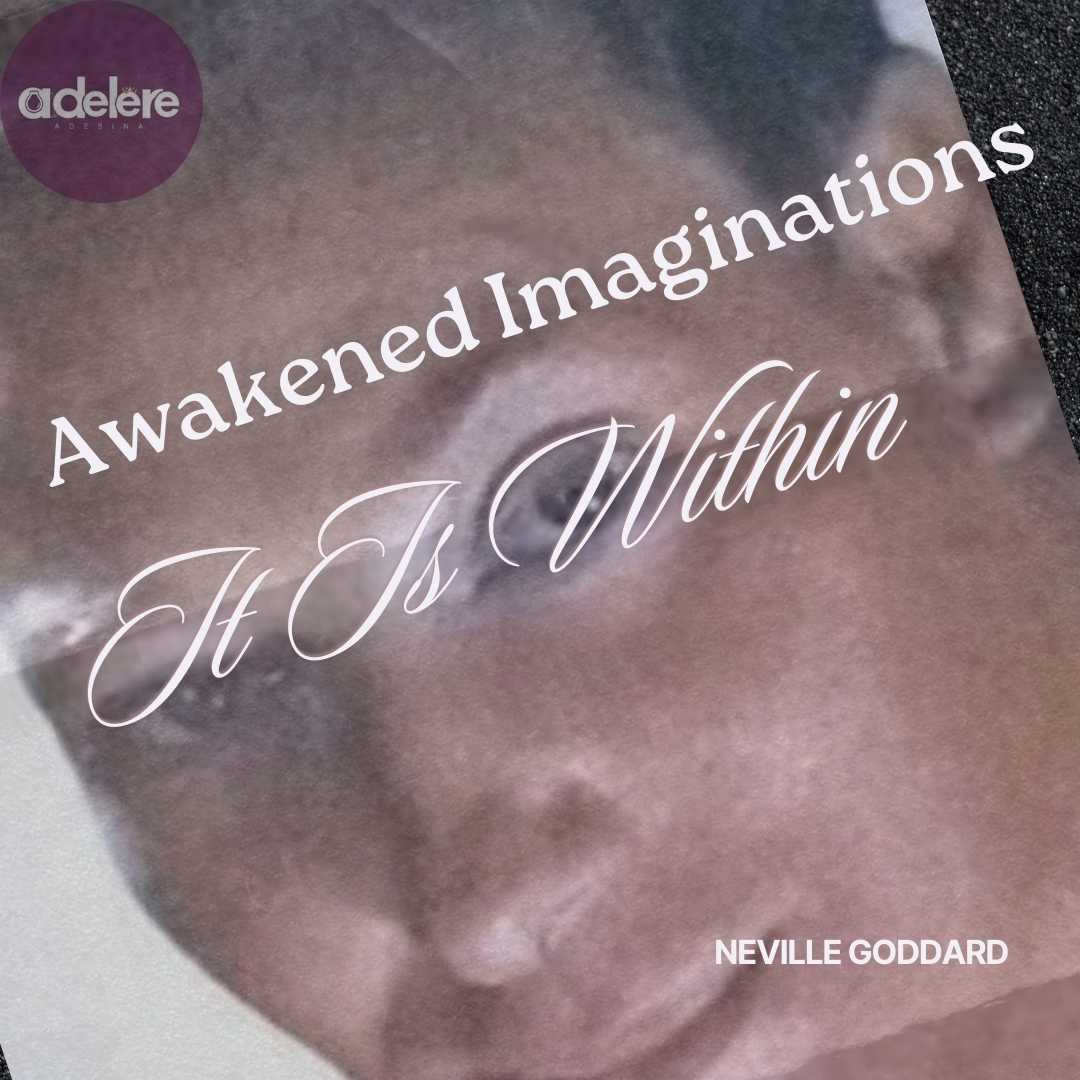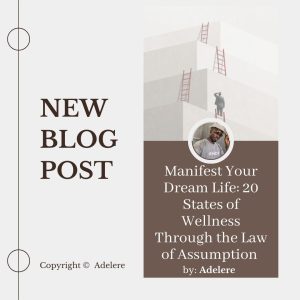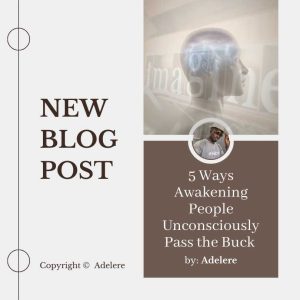
RESTORE YOUR #PERSEVERANCE OF THE #IDEAL: RISE ABOVE THE SUBTLETY OF #GIVINGUP
Reading Time: 2 minutesThere’s a surprising way of thinking that seems to be good, sometimes independent and even positively powerful. Yet it is
WELCOME TO THE POWER OF AWAKENED IMAGINATION ROYAL ACADEMY

Chapter Six
. . . Rivers, Mountains, Cities, Villages,
All are Human, & when you enter into
their Bosoms you walk
In Heavens & Earths, as in your own
Bosom you bear your Heaven
And Earth & all you behold; tho’ it appears Without, it is Within,
In your Imagination, of which this World
of Mortality is but a Shadow.
Blake, Jerusalem
THE INNER world was as real to Blake as the outer land of waking life. He looked upon his dreams and visions as the realities of the forms of nature. Blake reduced everything to the bedrock of his own consciousness. The Kingdom of Heaven is within you. Luke 17:21 The Real Man, the Imaginative Man, has invested the outer world with all of its properties. The apparent reality of the outer world which is so hard to dissolve is only proof of the absolute reality of the inner world of his own imagination. No man can come to me, except the Father which hath sent me draw him: . . . I and my Father are one. John 6:44; 10:30 The world which is described from observation is a manifestation of the mental activity of theobserver. When man discovers that his world is his own mental activity made visible, that no man can come unto him except he draws him, and that there is no one to change but himself, his own imaginative self, his first impulse is to reshape the
world in the image of his ideal. But his ideal is not so easily incarnated. In that moment when he ceases to conform to external discipline, he must impose upon himself a far more rigorous discipline, the self-discipline upon which the realization of his ideal depends.
Imagination is not entirely untrammelled and free to move at will without any rules to constrain it. In fact, the contrary is true. Imagination travels according to habit. Imagination has choice, but it chooses according to habit. Awake or asleep, man’s imagination is constrained to follow certain definite patterns. It is this benumbing influence of habit that man must change; if he does not, his dreams will fade under the paralysis of custom. Imagination, which is Christ in man, is not subject to the necessity to produce only that which is perfect and good. It exercises its absolute freedom from necessity by endowing the outer physical self with free will to choose to follow good or evil, order or disorder. Choose this day whom ye will serve. Joshua 24:15 But after the choice is made and accepted so that
it forms the individual’s habitual consciousness, then imagination manifests its infinite power and wisdom by moulding the outer sensuous world of becoming in the image of the habitual inner speech and actions of the individual. To realize his ideal, man must first change the pattern which his imagination has followed. Habitual thought is indicative of character. The way to change the outer world is to make the inner speech and action match the outer speech and action of fulfilled desire.
Our ideals are waiting to be incarnated, but we ourselves match our inner speech andaction to the speech and action of fulfilled desire, they are incapable of birth. Inner speech and ac- tion are the channels of God’s action. He cannot respond to our prayer unless these paths are offered. The outer behaviour of man is mechanical. It is subject to the compulsion applied to it by the behaviour of the inner self, and old habits of the inner self hang on till replaced by new ones. It is a peculiar property of the second or inner man that he gives to the outer self something similar to his own reality of being. Any change in the behaviour of the inner self will result in corresponding outer changes. The mystic calls a change of consciousness “death.” By death he means, not the destruction of imagination and the state with which it was fused, but the dissolution of their union. Fusion is union rather than oneness. Thus the conditions to which that union gave being vanish. “I die daily,” said Paul to the Corinthians. Blake said to his friend Crabbe Robinson: There is nothing like death. Death is the best thing that can happen in life; but most people die so late and take such an unmerciful time in dying. God knows, their neighbors never see them rise from the dead. To the outer man of sense, who knows nothing of the inner man of Being, this is sheer nonsense. But Blake made the above quite clear when he wrote in the year before he died: William Blake — one who is very much delighted with being in good company. Born 28 November 1757 in London and has died several times since. When man has the sense of Christ as his imagination, he sees why Christ must die and rise again from the dead to save man —why he must detach his imagination from his present state and match it to a higher concept of himself if he would rise above his present limitations and thereby save himself. Here is a lovely story of a mystical death which was witnessed by a “neighbor.” “Last week,” writes the one “who rose from the dead,” “a friend offered me her home in the mountains for the Christmas holidays as she thought she might go east. She said that she would let me know this week. We had a very pleasant conversation and I mentioned you and your teaching in connection with a discussion of Dunne’s ‘Experiment With Time’ which she had been reading. “Her letter arrived Monday. As I picked it up I had a sudden sense of depression.
However, when I read it she said I could have the house and told me where to get the keys. Instead of being cheerful, I grew still more depressed, so much so I decided there must have been something between the lines which I was getting intuitively. I unfolded the letter and read the first page through and as I turned to the second page, I noticed she had written a postscript on the back of the first sheet. It consisted of an extremely blunt and heavy-handed
description of an unlovely trait in my character which I had struggled for years to overcome, and for the past two years I thought I had succeeded. Yet here it was again, described with clinical exactitude. “I was stunned and desolated. I thought to myself, ‘What is this letter trying to tell me? In the first place she invited me to use her house as I have been seeing myself in some lovely home during the holidays. In the second place, nothing comes to me except I draw it. And thirdly I have been hearing nothing but good news. So the obvious conclusion is that something in me corresponds to this letterand no matter what it looks like it is good news.’
“I reread the letter and as I did so I asked, ‘What is there here for me to see?’ And then I saw. It started out ‘After our conversation of last week I feel I can tell you . . .’ and the rest of the page was as studded with ‘weres’ and ‘wases’ as currants in a seed cake. A great feeling of elation swept over me.
It was all in the past. The thing I had labored so long to correct was done. I suddenly realized that friend was a witness to my resurrection. I whirled around the studio chanting ‘It’s all in the past! It is done. Thank you, it is done!’ I gathered all my gratitude up in a big ball of light and shot it straight to you and if you saw a flash of lightning Monday evening shortly after six your time, that was it. “Now, instead of writing a polite letter because it is the correct thing to do, I can write giving sin- cere thanks for her frankness and thanking her for the loan of her house. Thank you so much for your teaching which has made my beloved imagination truly my Saviour.” And now, if any man shall say unto her Lo, here is Christ, or there, she will believe it not, for she knows that the Kingdom of God is within her and that she herself must assume full responsibility for the incarnation of her ideal and that nothing but death and resurrection will bring her to it. She has found her Saviour, her beloved Imagination, forever expanding in the bosom of God. There is only one reality, and that is Christ —
Human Imagination, the inheritance and final achievement of the whole of Humanity That we . . . speaking the truth in love, may grow up into him in all things, which is the head, even Christ. Ephesians 4:14, 15

Reading Time: 2 minutesThere’s a surprising way of thinking that seems to be good, sometimes independent and even positively powerful. Yet it is

Reading Time: 2 minutesQ: Here’s my question, Adelere: How do I permanently merge with the version of myself who already trades successfully, calmly,

Reading Time: 4 minutesAre you a business executive or an experienced manager with a burning desire for business growth, increased profitability, and unparalleled

Reading Time: 6 minutesAre you ready to experience a life of complete wellness? I tell you, the Law of Assumption holds the key!

Reading Time: 4 minutesIt is quite easy for a lot of people to pass the buck when someone is not yet consciously set

Reading Time: 4 minutesThe divine man in you must become cultivated and attuned to his own inner world because there are worlds within